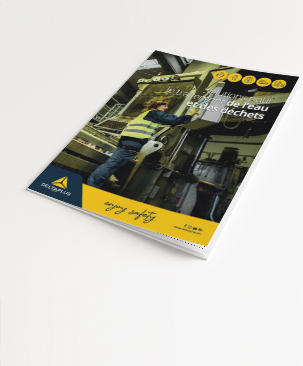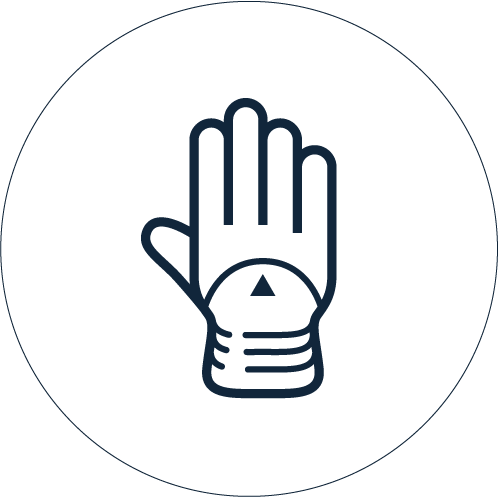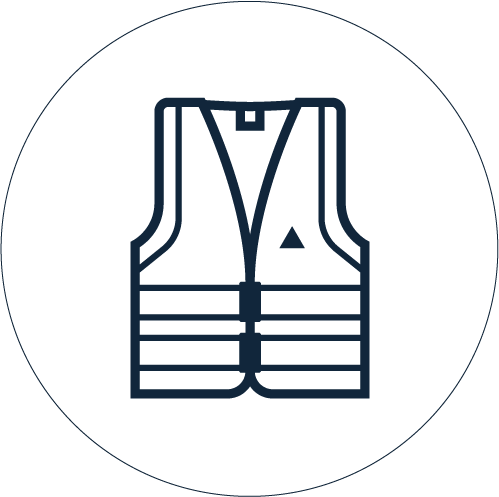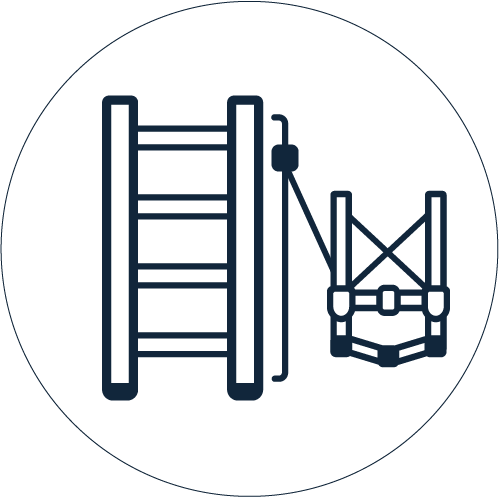Sarah Bachir: It's the risk that determines the choice of fibre. Multi-purpose gloves (which protect against resistance) are generally made of cotton, polyester or polyamide.
Cotton is hypoallergenic, breathable, absorbent and soft to the touch.
Polyester, which is synthetic, has excellent resistance and is easy to care for. It can also be blended with wool or cotton, which makes up for its inability to absorb perspiration and its rather rough feel.
Finally, polyamide, which is a little more expensive, is solid, hard-wearing and supple. What's more, it feels comfortable and fresh.
Glass, steel or thermoplastic fibres are added to cut-resistant gloves.
Kevlar protects against cuts and is highly resistant to flammability.
Carbon and copper fibres protect against electrostatic hazards.
Finally, adding elastane (a fibre that provides elasticity) or acrylic (a fleece lining that protects against the cold) to gloves improves comfort.
Do these glove fibres cover all risks?
Clément Tamisier: No. Certain risks (particularly chemical) and work environments require a coating:
polyurethane will be suitable for dry environments ;
latex for wet environments;
Nitrile, which is versatile, adapts everywhere, particularly to oily environments. It can be smooth or with a grip effect. Nitrile is also used for chemical gloves because of its excellent resistance to chemicals.
Finally, for the heavy chemical industry, neoprene is the best choice, as it is flexible, handy and resistant, but also more expensive.
How is Delta Plus positioned in this market for work gloves?
Sarah Bachir: We offer around 250 models of protective gloves that cover almost all risks.
Over the past two years, Delta Plus has moved upmarket. In order to be ever more innovative, we work with our own moulds and develop premium glove models.
For example, among our new products for 2025, we have a level D cut-resistant glove (on a European scale from 1 to F) with a 21 gauge - the highest possible - for a real second-skin effect.
We have also developed an A9 cut-resistant glove (on an international scale from A1 to A9) with an 18 gauge.
Third example: we will be offering disposable nitrile gloves, suitable for people allergic to latex. These gloves also have an excellent grip thanks to a diamond-shaped textured coating.
























































